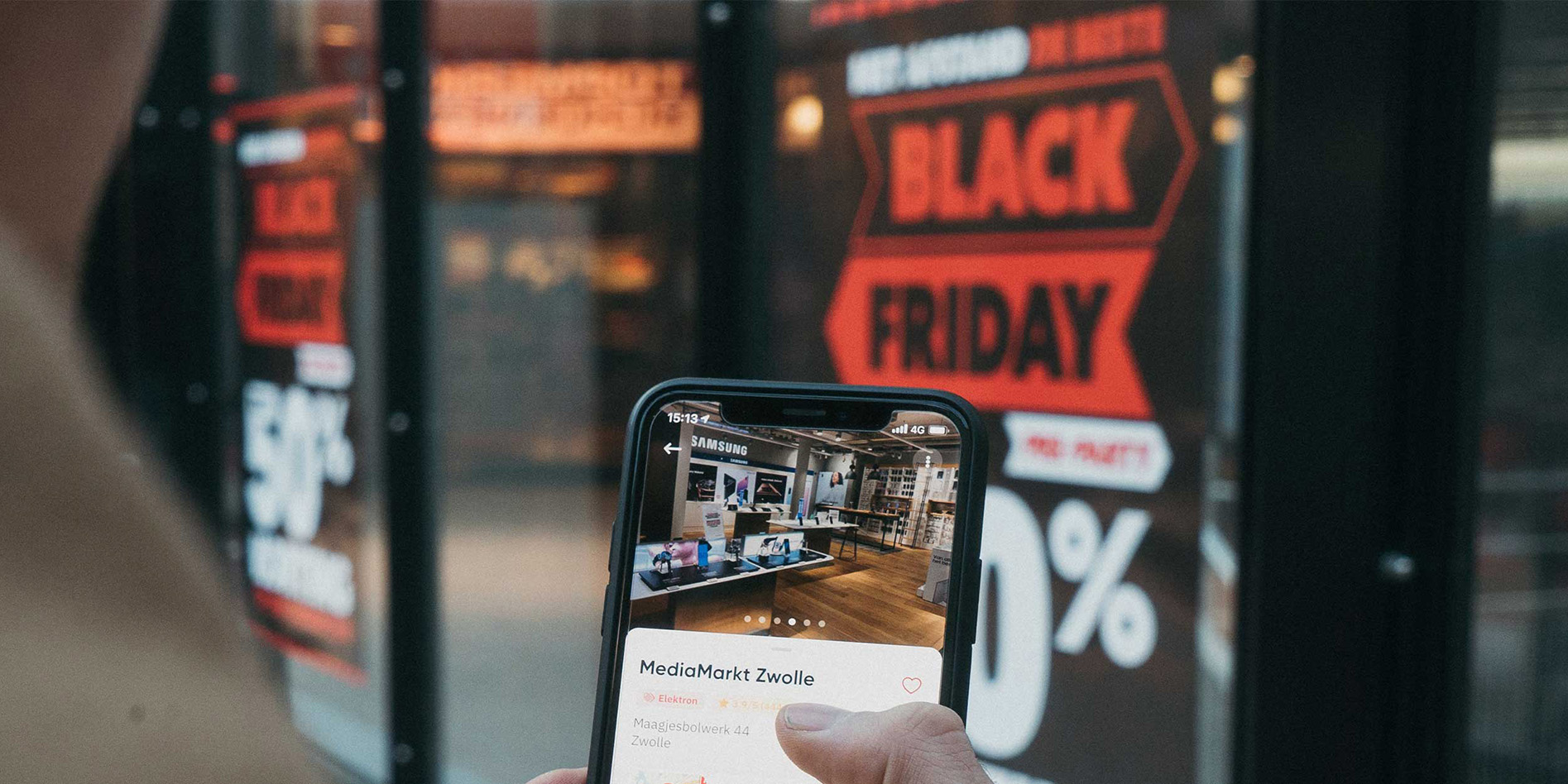7 tips to safely shop online during the holiday season
Financial HealthArticle16 December 2022
For consumers who are new to e-commerce, it can be difficult to know the best practices that can help them shop safely online. It’s a problem for retailers too. Traditional bricks-and-mortar stores have been forced to adopt online business models. Many have little or no experience maintaining a digital presence, which in turn creates a fertile feeding ground for fraudsters.
The much-publicized pressures on global supply chains could also factor into fraud. With shortages expected on everything from computer chips to clothing, frenzied consumers could feel under pressure to pick up this year’s must-have gifts in time for Christmas – creating a perfect storm for scammers looking to separate unsuspecting shoppers from their money.
So, what are those best practices that allow you shop safely online? Here are seven simple steps:
1. Update your antivirus
Security threats are constantly evolving. Every day scammers are finding new ways to exploit weaknesses in our systems. From operating systems to anti-virus products, it’s vital that you keep your software up to date so that you can protect your information from the latest threats.
2. Shop with familiar sites
Whether you’re on the hunt for a bargain or trying to secure this year’s must-have gift, it can be tempting to turn to search engines to find the best deals. However, this can open you up to risk by exposing you to fake sites that fraudsters use to trick shoppers into falling for their scams. These fakes can be very sophisticated clones that appear almost identical to real sites. As a result, it’s best to shop directly from familiar brands whose websites you can trust, rather than searching out items from across the web.
3. Make sure it’s authentic
Before entering any personal information into a website, you should always check that the site is safe and secure. First, make sure the website starts with “https” and contains the padlock symbol to indicate that you are sharing your information on a secure site. Secondly, use third parties such as TRUSTe, VeriSign or Better Business Bureau Online to verify a website’s authenticity.
4. If it’s too good to be true, it probably is
Part of the appeal of holiday shopping is that major retailers promote incredible deals to entice you into their stores and onto their websites. Unfortunately, cybercriminals know this too and as a result they will attempt to take advantage as you scour the web for the best bargains.
A good piece of advice is to use your common sense. For example, if that incredible 50-inch Ultra HD TV that was going to cost you thousands, suddenly crops up for a few hundred – then it should start to ring a few alarm bells. As tempting as it is to click on that “buy” button, take a step back and do a little research. Dig into the company’s reviews or look up the company on the Better Business Bureau website, to make sure that it’s not a scam.
5. Steer clear of phishing scams
Phishing is one of the most popular techniques that fraudsters use to attempt to steal your personal information. Often taking the form of emails offering cash prizes or rock bottom prices, they are designed to dupe you into revealing your private information.
6. Use your credit card
Wherever possible it’s always best to use your credit card when making online purchases, particularly if you’re not 100% certain about the authenticity of the virtual store you are buying from. Unlike debit cards, most major credit cards offer payment protection, which means that you will face zero liability in the event of a fraudulent transaction.
7. Avoid public WiFi
In theory, you can make your online purchases from anywhere in the world. In practice, it’s best to do your online shopping at home. Why? Because shared computers and public WiFi networks open you up to digital snoopers who can steal valuable data such as passwords, credit card details and personal information. If you do have to shop outside of the safety of your own network, consider using virtual private networks (VPN) to protect your privacy.



